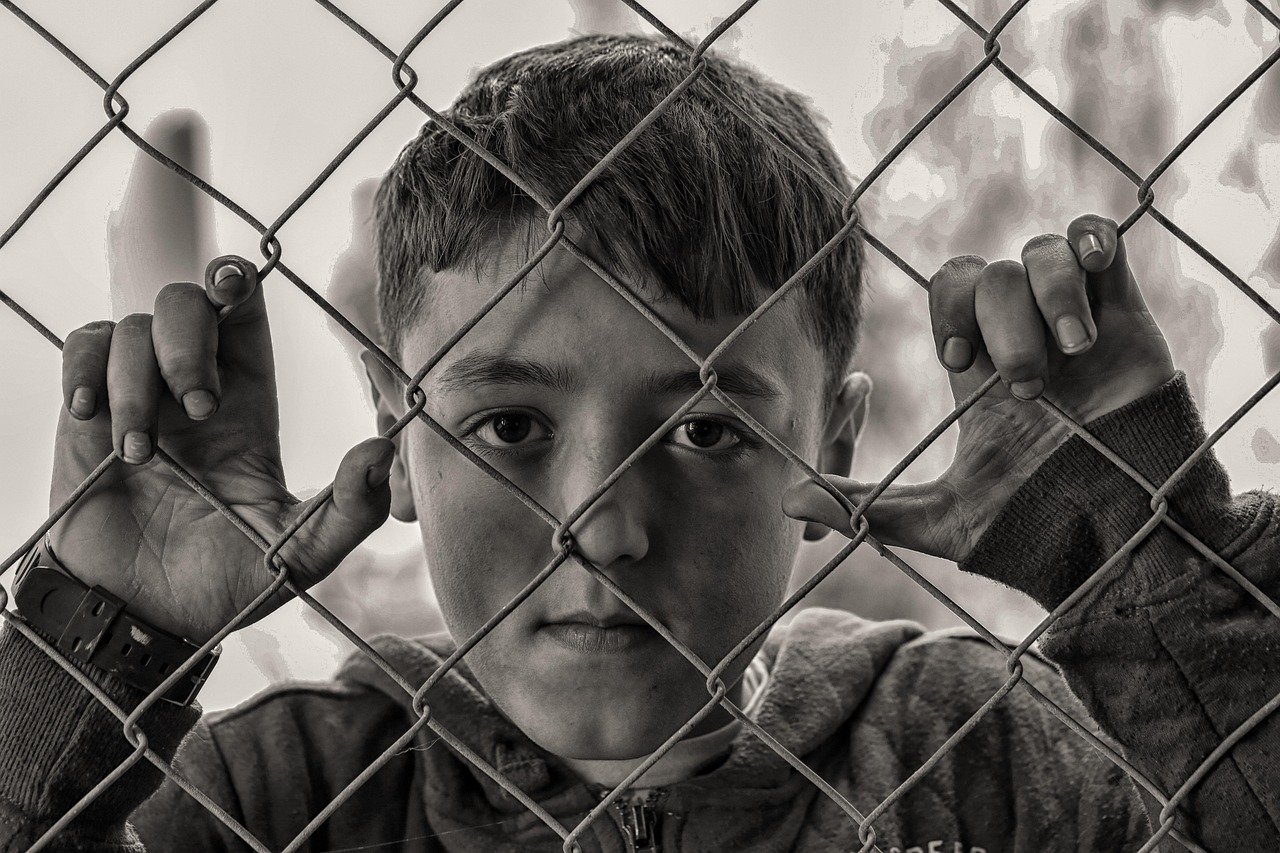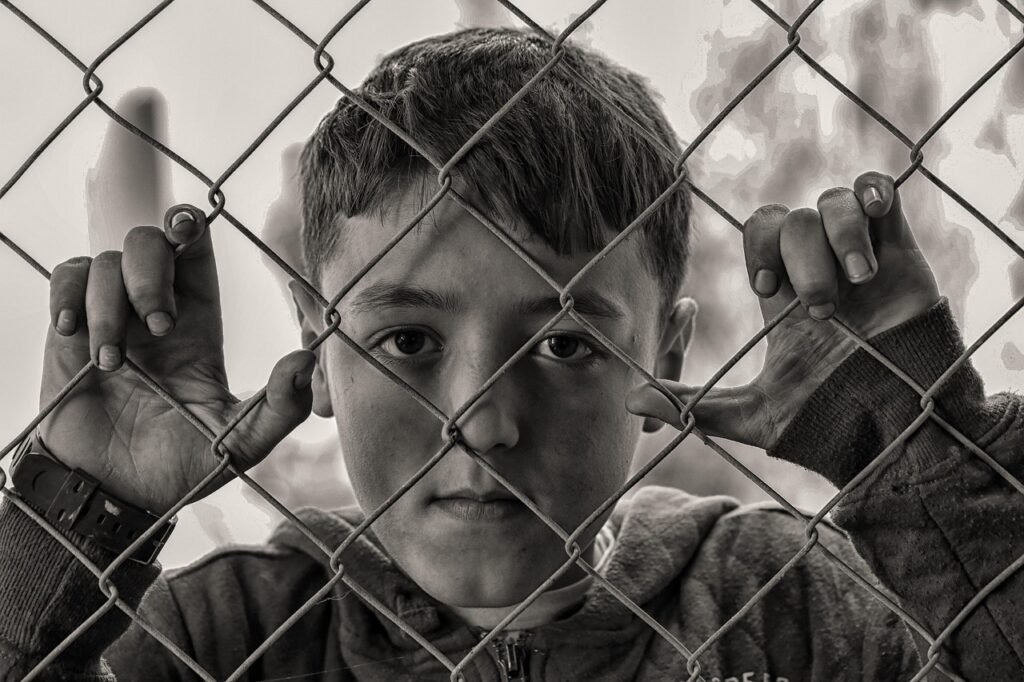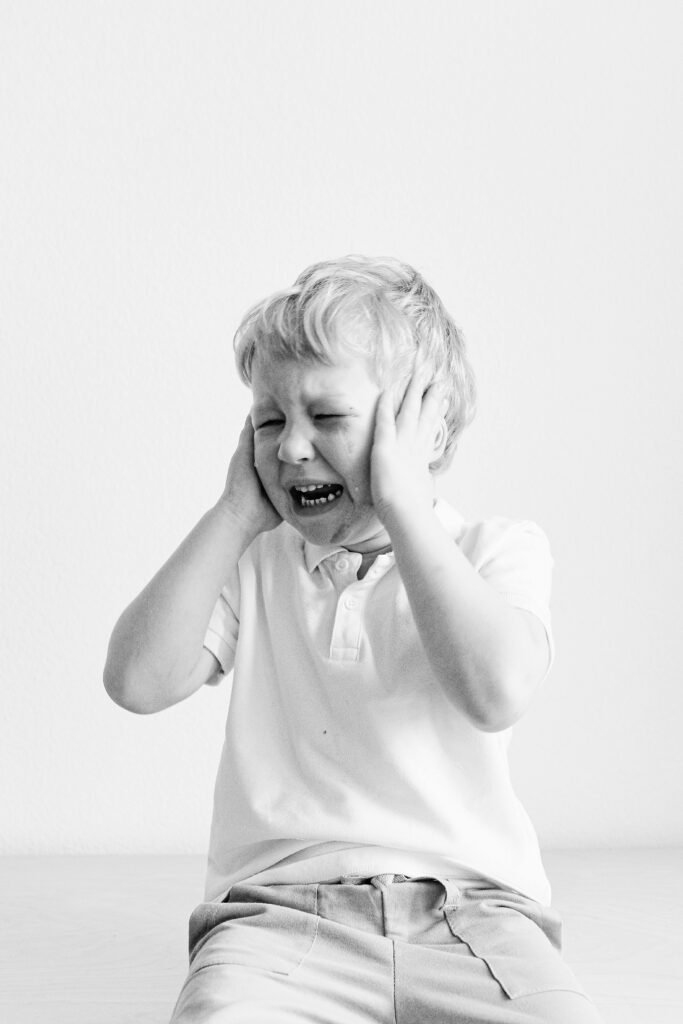How to Heal from Childhood Shame
shubhamtople123@gmail.com
June 20, 2025

Every child deserves to feel worthy and loved, yet for many of us, our earliest experiences paint a different picture. Childhood shame can follow us into adulthood, silently shaping how we view ourselves and navigate relationships.
Think of self-worth as a house built on early foundations. When childhood experiences shake those foundations – whether through overt criticism or subtle neglect – the entire structure can become unstable.
Understanding Self-Worth and Childhood Shame
Your self-worth takes shape during your earliest years, deeply influenced by your relationships. When your emotional needs aren’t met as a child, deep feelings of worthlessness often take root. Think about a child whose parents leave during conflicts – this experience can create lasting fears of abandonment that follow them into adult relationships.
These early wounds don’t just fade away. They show up in how you view yourself and connect with others. If you grew up feeling unworthy of love or attention, you might find yourself constantly seeking validation from partners, even when it pushes them away.

The Impact of Childhood Experiences
The patterns formed in childhood don’t just stay in the past – they follow you through life, shaping how you see yourself and choose dating partners. You might catch yourself picking someone who feels familiar, even if that familiarity comes from pain. It’s like following an old script you didn’t write.
Take Sam’s story: He kept falling for partners who made him feel small, just like his childhood. Without meaning to, he repeated the same painful dance he learned as a little boy. These childhood trauma impacts and wounds, left by neglect or missing emotional support, become the blueprint for how we treat ourselves and let others treat us.
Manifestations of Childhood Shame in Adult Men
As men carry childhood trauma and shame into adulthood, the pain often shows up in specific ways. Many pull away from emotions, building walls through isolation and steering clear of any vulnerability.
Trust becomes a major hurdle – these men might question every partner’s loyalty or hold back from opening up. It’s like they’re always waiting for the other shoe to drop. This stems from those early experiences where trust was broken or needs went unmet. Their inner child’s pain keeps playing out in today’s relationships, creating a loop of toxic patterns that feels safer than risking getting hurt again.

Recognizing Signs of Trauma-Affected Self-Worth
Watch for patterns in your relationships. Do you constantly need others to tell you you’re good enough? Or perhaps you shut down completely when conflict comes up? These responses often signal that your inner child is still carrying old pain and trauma. It’s like your younger self is still running the show, making decisions based on past pain rather than present reality.
Self-Help Strategies for Building Self-Worth
Learning to notice when old wounds get triggered is your first step toward healing. Start with simple self-compassion – talk to yourself like you’d talk to a friend who’s hurting. When shame comes up, pause and breathe. Notice where you feel it in your body.
Setting clear boundaries helps, too. Start small – maybe you say “no” to something that doesn’t feel right. Each time you honor your needs, you tell that younger part of you that you’re worth protecting.
Try this: When you feel that familiar adverse childhood experiences spiral coming on, put your hand on your heart. Remind yourself, “I’m safe now. I can handle these feelings.” This simple gesture helps calm you and ground you in the present.
Cultural Factors Affecting Male Self-Worth
Society puts heavy burdens on men when it comes to processing emotional pain. In Western cultures, boys often hear “man up” or “boys don’t cry” when they’re hurting. These messages teach them to stuff down their feelings, making it harder to heal from childhood trauma and shame wounds.
Different cultures handle men’s mental health in unique ways. While American men might feel pressure to “tough it out” alone, some European and Asian societies offer more community-based healing spaces. These cultural differences shape how comfortable men feel asking for help.
The rules about being a “real man” run deep. Many guys learned early that showing weakness means losing respect. This mindset makes addressing childhood shame extra tough – you’re not just facing your past hurts, you’re pushing against what society says makes you a man.

Moving Forward with Renewed Self-Worth
The journey of healing from childhood shame isn’t a straight path, but rather a spiral that leads us deeper into self-understanding and acceptance. Each step forward, whether through therapy, support groups, or personal reflection, helps rewrite the stories we’ve carried about our worth.
Remember, you’re not simply recovering from the past – you’re building a new foundation for your future. While childhood experiences may have shaped your early story, you now hold the pen to write the next chapters. Your worth isn’t determined by what happened to you, but by the courage you show in healing and growing beyond it.







